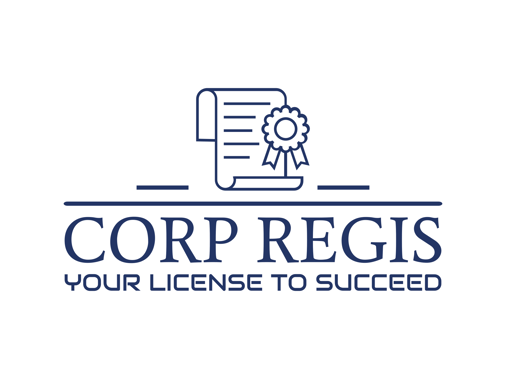Liquor Licence
In India, obtaining a liquor license is necessary for the sale, serving, and distribution of alcoholic beverages. The process and requirements for obtaining a liquor license may vary depending on the state or union territory in which you intend to operate. However, here are some general guidelines that can help you understand the requirements and procedure for obtaining a liquor license in India:
Business Entity: Establish a legal business entity such as a company, partnership firm, or proprietorship, depending on the legal structure allowed by the state or union territory.
Location Approval: Identify a suitable location for your liquor business, such as a restaurant, bar, hotel, or liquor store. Ensure that the premises meet the specific requirements set by the local authorities, such as minimum area, zoning regulations, and distance from educational institutions or religious places.
Eligibility Criteria: Verify the eligibility criteria set by the respective state or union territory for obtaining a liquor license. This may include factors such as minimum age, educational qualifications, and any specific disqualifications based on criminal records or past violations.
Application Submission: Obtain the application form for a liquor license from the local excise department or licensing authority. Fill out the application form with accurate information about your business, its premises, and the type of liquor license you are applying for.
Documentation: Gather the necessary documents required for the liquor license application. The required documents may include:
Proof of identity and address of the applicant and other stakeholders.
Business registration documents.
Lease or ownership documents of the premises.
No-objection certificates (NOC) from local authorities, such as the fire department or police department.
Income tax returns and financial statements.
Affidavits or declarations as specified by the licensing authority
Fee Payment: Pay the prescribed application fee along with any other fees or security deposits required by the licensing authority. The fee amount may vary based on the type of license and the state or union territory.
Background Verification: Undergo a background check conducted by the licensing authority to assess the suitability of the applicant and other stakeholders.
Inspection: The licensing authority may conduct an inspection of the premises to ensure compliance with the prescribed standards, such as seating capacity, fire safety measures, and liquor storage facilities.
Approval Process: Once the application and all required documents are submitted, the licensing authority will review the application and conduct necessary verifications. If the application is approved, the liquor license will be issued with specific conditions and validity period.
Compliance and Renewal: Ensure ongoing compliance with the terms and conditions of the liquor license, including adhering to operating hours, age verification, responsible serving practices, and any other specific requirements. Renew the liquor license as per the prescribed renewal process and timelines.
